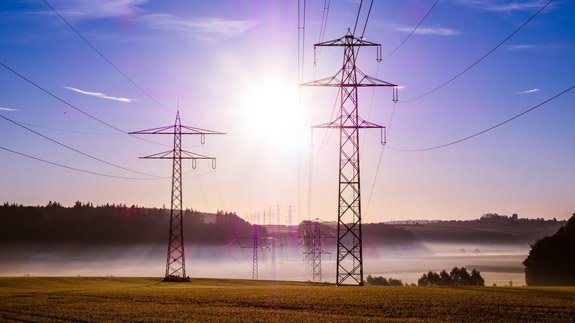From 1st April 2018, DCP 161 will be in force. DCP 161 is a new measure which has been introduced by Ofgem to ensure that half hourly (HH) supplies that exceed their assigned available capacity pay significantly more. It is a change to the DCUSA (Distribution Connection and Use of System Agreement) that will introduce excess capacity penalties for half hourly electricity supplies. This change will ensure that the additional costs that DNOs (Distribution Network Operators) can incur when customers exceed their available capacity levels are recovered.
Currently, if a supply exceeds its available capacity, other than the charge the supplier adds for the excess kVA at the standard available capacity rate, no penalty is charged. As a result, there has been no incentive for end users to actively review and increase capacity where required. However, with the introduction of DCP 161, users who exceed their capacity will be charged an excess penalty rate which could be up to three times higher than the standard rate. The applicable rates will vary by region and voltage, with costs expected to be higher in areas where there is a higher demand for capacity. Depending on the consumption profile, if the supply regularly exceeds its assigned available capacity, this change could increase overall electricity costs by up to 1-2% or more.
Electricity meters that have been or are due to be converted to HH as a result of P272, will be settled on the HH market in time for the introduction of DCP 161. To avoid usage exceeding capacity levels it is essential to understand the available capacity and maximum demand levels of these supplies. Any sites that are incurring excess capacity charges will need to agree a revised capacity or take energy saving measures to reduce their maximum demand.
So what can you do?
Those who are moving from non-HH to HH meters are slightly vulnerable as they may not know their available capacity and should seek advice to establish the agreed capacity. Also, if you have any supply or capacity contracts due for renewal between now and April 2018, it would be prudent to negotiate your capacity charges, as excess charges will be based on the supplier you choose.
If you want to increase your available capacity or are looking at ways to reduce your energy consumption and avoid excess charges, STC Energy can help. Simply get in touch today.
This is a promoted article.





